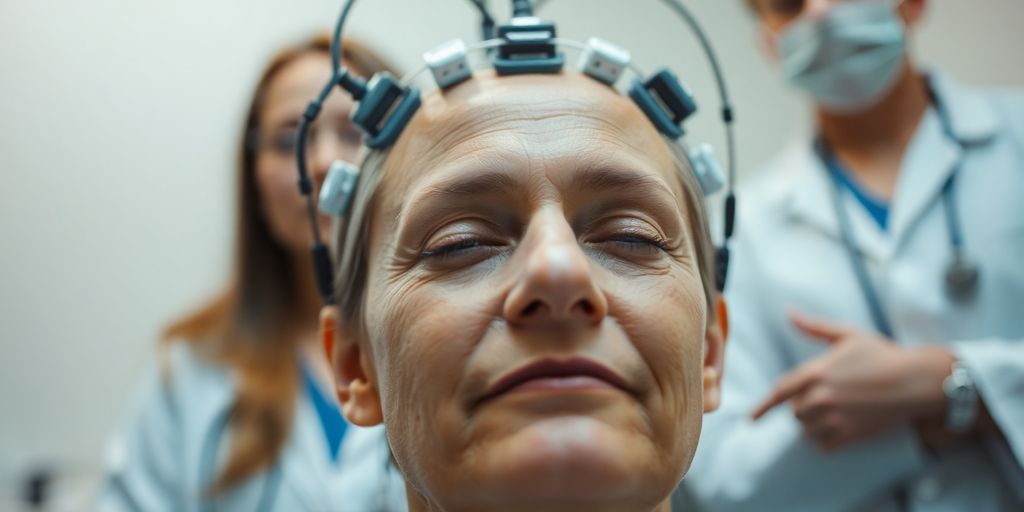A groundbreaking trial is set to explore the potential of brain stimulation techniques to improve cognitive recovery in individuals suffering from traumatic brain injury (TBI). This innovative approach seeks to address the long-lasting cognitive impairments that often follow TBIs, which are prevalent among young people and military personnel.
Key Takeaways
- Traumatic brain injury (TBI) is a leading cause of death and disability, particularly among young adults.
- Cognitive impairments from TBI, such as memory and attention issues, can persist long after physical symptoms have improved.
- The new trial will investigate brain stimulation as a method to enhance cognitive recovery.
Understanding Traumatic Brain Injury
Traumatic brain injury occurs when an external force causes damage to the brain. This can result from various incidents, including falls, vehicle accidents, and combat injuries. TBIs can lead to a range of symptoms, including:
- Physical Impairments: Difficulties with movement and coordination.
- Cognitive Impairments: Challenges with memory, attention, and critical thinking.
- Emotional Changes: Mood swings, anxiety, and depression.
While physical rehabilitation options are available, cognitive recovery remains a significant challenge, with few effective treatments currently in use.
The Role of Brain Stimulation
The upcoming trial will focus on the application of brain stimulation techniques, which have shown promise in various neurological conditions. These techniques aim to enhance brain function by:
- Modulating Neural Activity: Stimulating specific brain regions to improve cognitive processes.
- Promoting Neuroplasticity: Encouraging the brain to reorganize and form new connections, which is crucial for recovery.
Significance of the Trial
This trial is particularly significant given the high incidence of TBI in the United States, especially among young adults and military personnel. According to experts, the findings could lead to:
- Improved Treatment Options: Offering new avenues for cognitive rehabilitation.
- Enhanced Quality of Life: Helping individuals regain essential cognitive functions, thereby improving their daily lives.
Conclusion
As the trial progresses, it holds the potential to revolutionize the approach to cognitive recovery from traumatic brain injuries. By focusing on brain stimulation, researchers hope to provide effective solutions for those affected by TBI, ultimately leading to better outcomes and a brighter future for many individuals.








